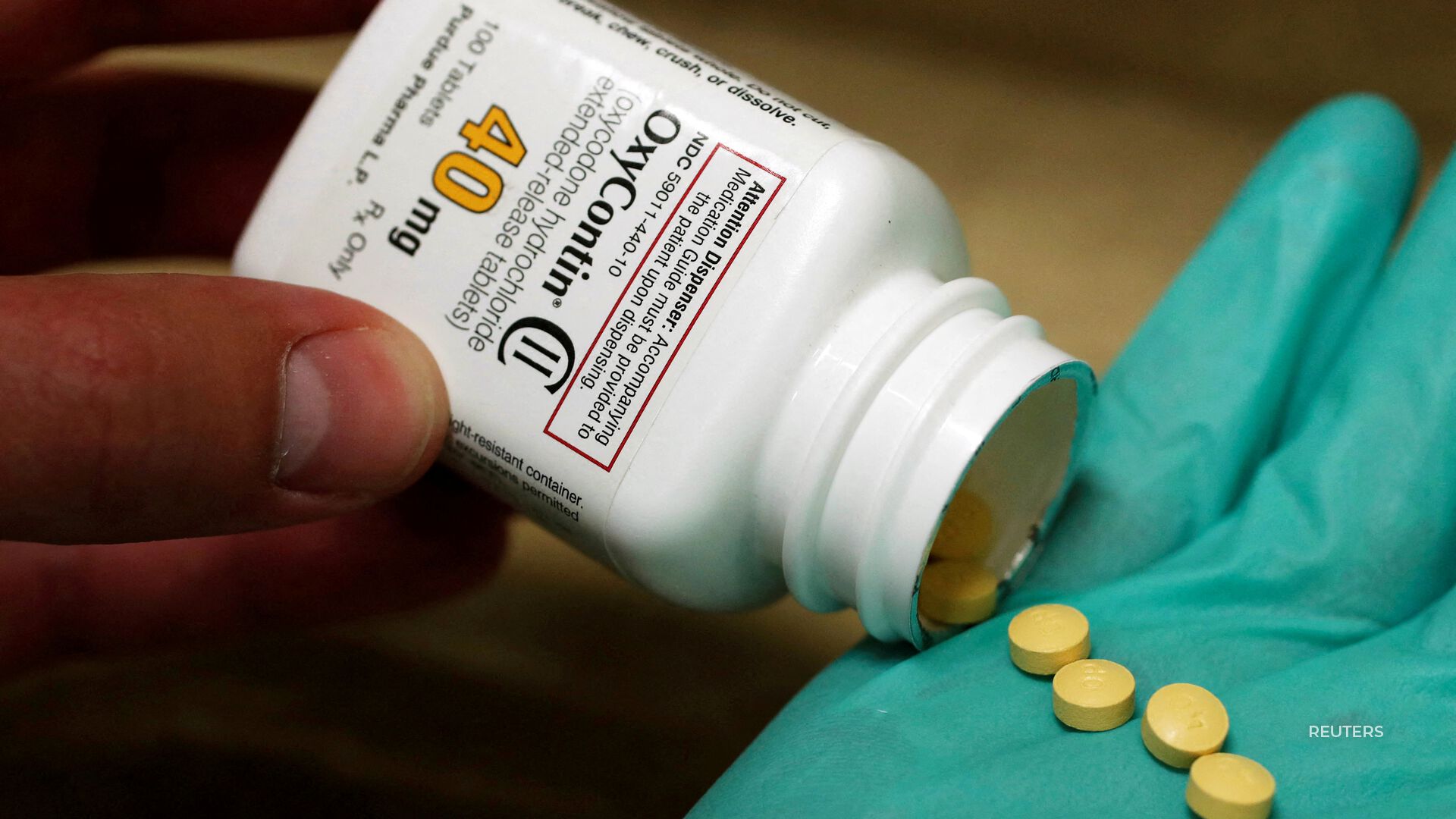
WIlliam Tong, Connecticut Attorney General: “So I’m here today to announce that because of our efforts and the efforts of our sister states, Connecticut will force Purdue Pharma and the Sacklers to pay $6 billion for their role in the opioid and addiction crisis. This represents a 40 percent increase over the $4.3 billion settlement announced six months ago that I strongly objected to, and I appealed and that Connecticut successfully overturned in court.”
“So the next step in the process will be for us to figure out how to establish the Connecticut Opioid Survivors Trust. It will be to get the opportunity for victims and survivors and their families to speak in in court to the Sacklers and the first Sacklers to listen. It will be continuous support to the extent that we can, any other law enforcement authorities in actions that they may take.”
“The Sacklers will issue a fresh apology. The Sackler name will come down anywhere a university or a museum or a hospital wants it to come down. I expect that based on the court’s representations, that victims and survivors and families will have the chance to be heard in Judge Dranes courtroom and that members of the Sackler family will be forced to listen. They have to get out of the business of opioids and prescription pain medication, not just in this country, but around the world. They have to sell their international businesses and divest, and Purdue has to get shut down.”
“What they’ve been through cannot be expressed in words and the sacrifices that they have made as families, some of them have lost so much that can never be recovered. And their suffering continues. And even though they may have people in their families who are in recovery, that is a walk that we will take with them for the rest of their lives. And that is why what we’re doing here today is so important.”






